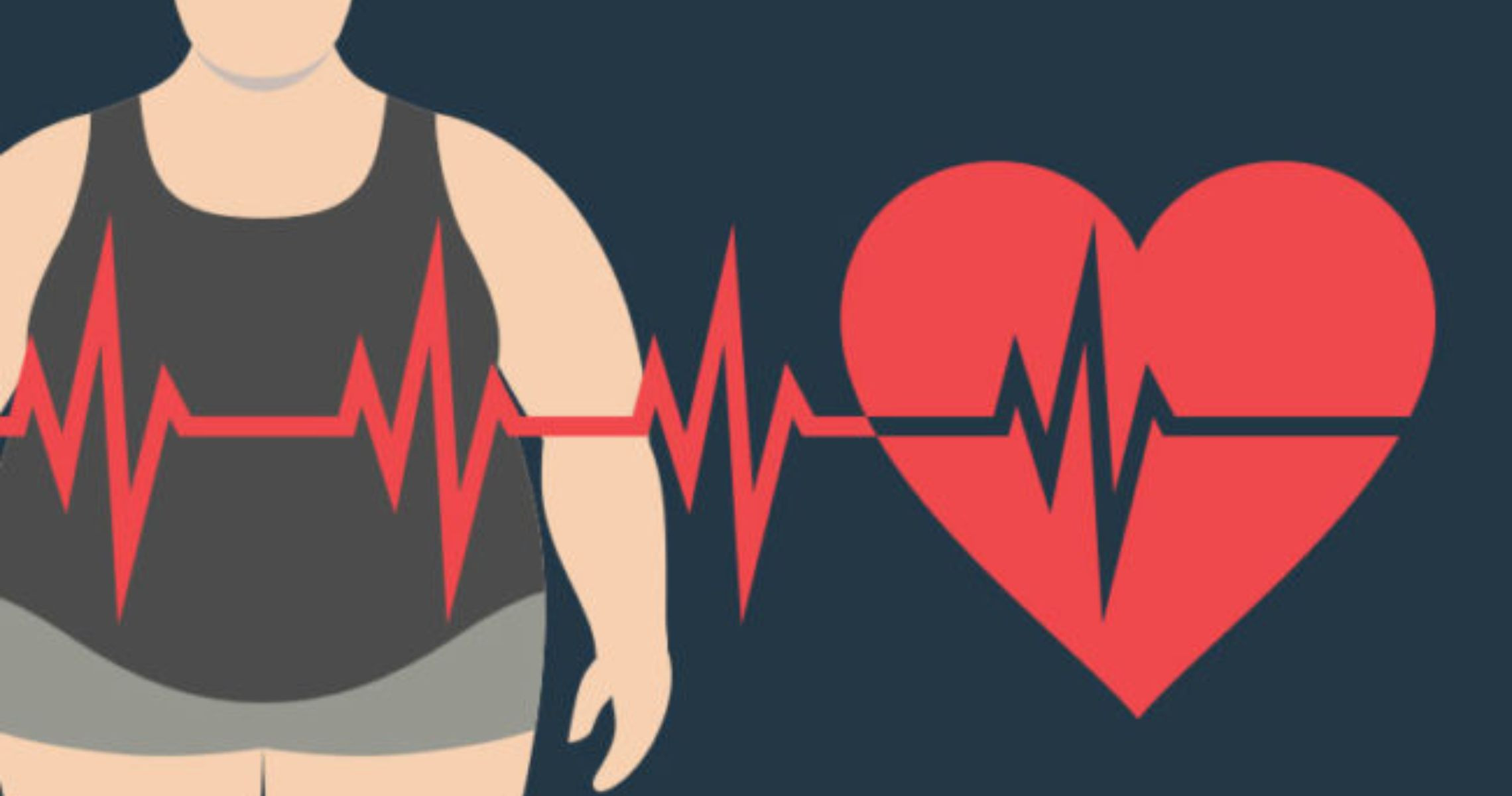1. Weight Loss Pills' Impact on the Heart and Body
For those who are overweight or obese, using weight loss pills to achieve a healthier body within a certain period can be particularly beneficial. However, some of these weight loss medications can produce changes that affect the heart and the body.
Individuals who are overweight and obese often face serious risks such as type 2 diabetes, hypertension, cardiovascular diseases, and stroke. Additionally, for these individuals, the heart has to work harder. Being overweight or obese can cause the heart to beat faster, leading to weakened heart muscles and potentially resulting in congestive heart failure. An excessively high heart rate can cause blood pressure to drop too low, leading to dizziness.
Using weight loss pills can lead to similar heart-related issues. The reason is that these medications often contain stimulants, which make users feel alert and less interested in food.
Some Weight Loss Pills That Affect the Heart and Body
 Improper use of weight loss pills also causes many side effects to the body
Improper use of weight loss pills also causes many side effects to the body2. Why Does the Heart Beat Faster When Taking Weight Loss Pills?
A rapid heartbeat is defined as a heart rate exceeding 100 beats per minute at rest. These episodes of rapid heart rate can last from a few seconds to several hours. An increased heart rate can occur due to strenuous exercise or the use of weight loss pills. So, why does the heart beat faster when taking weight loss pills?
The fast heartbeat when using weight loss pills is primarily due to the active ingredients in these medications. These components work by boosting the body's metabolism to optimize energy burning and facilitate effective weight loss. However, alongside this process, the medication also impacts heart rate. Particularly for individuals sensitive to conditions like atrial fibrillation—an arrhythmia—this can lead to more frequent episodes of irregular heartbeat.
The increase in heart rate when taking weight loss pills is not only due to the stimulants present in the medications but also the quality of the pills. Fake or low-quality weight loss pills can have a negative impact on both heart health and overall well-being.
 Ingredients in weight loss pills can cause heart palpitations
Ingredients in weight loss pills can cause heart palpitations3. Dangerous Signs When Using Weight Loss Pills
Some Tips for Safe Use of Weight Loss Pills:
In conclusion, a rapid heartbeat when taking weight loss pills is due to the medication's mechanism that increases metabolism and raises heart rate. Therefore, weight loss medications should only be used under a doctor's prescription to avoid potentially dangerous side effects.
Weight loss takes time, and results can vary from person to person. Set realistic goals and be patient throughout the process. Rapid weight loss is not always sustainable or healthy. Aim for gradual and stable progress. Remember that weight loss pills should never be considered a standalone solution; they should be part of a comprehensive approach that includes a healthy lifestyle, dietary adjustments, regular exercise, and ongoing professional guidance.
References: verywellhealth.com, southdenver.com, drugs.com
24
Useful article?
Useful article?

Why Is Weight Loss Important for the Elderly?

Why is obesity in middle age dangerous and hard to reduce?

Can I take weight loss pills together with emergency contraceptive pills?

How to Treat Fatty Liver Disease for People Who Frequently Entertain Clients

Why Are Obese People More Likely to Suffer from Cardiovascular Disease?
24
Useful article?